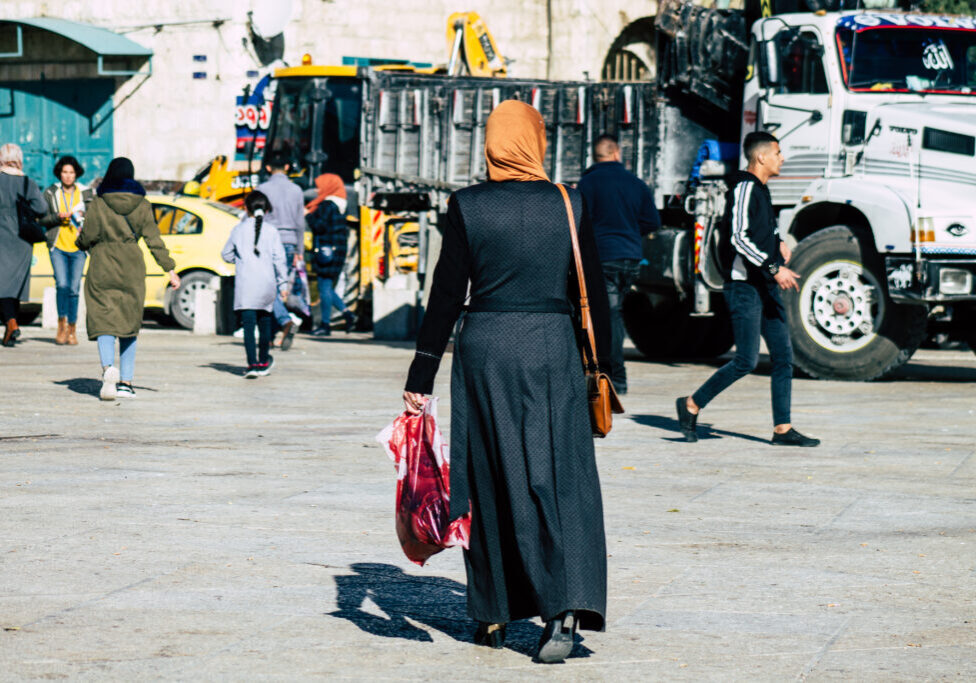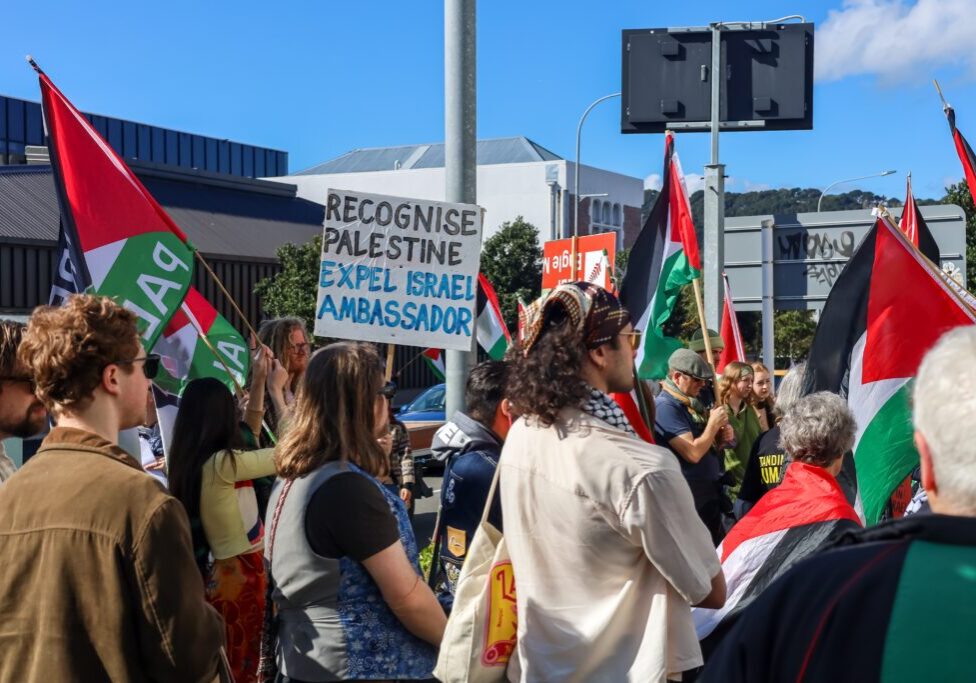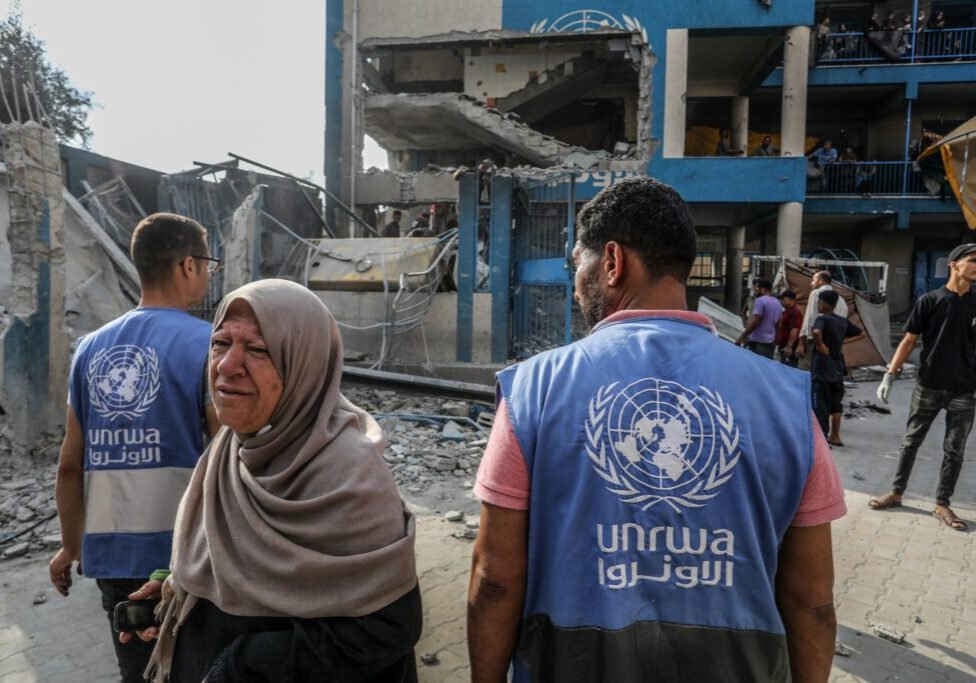Australia/Israel Review
A Victory For Abbas
Aug 31, 2009 | Mohammed Yaghi
By Mohammed Yaghi
On Aug. 10, Fatah concluded its Sixth Congress, the first in 20 years. Although media attention has focused on some of the summit’s disturbing pronouncements, significant political developments also occurred. Whether Fatah is now able to overcome its organisational deficits and restore its popularity and leadership among the Palestinian people remains to be seen. But Palestinian Authority (PA) President Mahmoud Abbas has undoubtedly emerged stronger, competing powers within Fatah seem to have accepted coexistence, and the conflict between Fatah and Hamas is expected to escalate.
The General Congress is the highest institution in Fatah, laying out the party’s political platform and electing the Fatah Central Committee (FCC), the organisation’s highest elected institution comprising its top leadership, and the Fatah Revolutionary Council, a 128-member body that ensures the FCC’s activities are in accordance with congressional decisions. Since its inception in 1965, Fatah has held only five congresses – the most recent in Tunis in 1989. When Arafat died in November 2004, the FCC formed a committee to hold the sixth congress, but spent four years trying to agree on who would attend and where it would be held. On May 11, 2009, Abbas dismantled the committee and singlehandedly decided to hold the congress in Bethlehem on Aug. 4.
Who Are Fatah’s New Leaders?
The congress increased the number of FCC members from 21 to 23, electing 19 through secret ballot and Abbas by an informal show of hands. Ten former FCC members ran for re-election, but only five were victorious. The remaining 14 members are new: among them are three former PA security forces leaders, including, most notably, Muhammad Dahlan; the former and current governors of Nablus; Marwan Barghouti, currently imprisoned in Israel; Saeb Erekat, the chief Palestinian negotiator; Sultan Abu Enein, head of Fatah in Lebanon; and Naser Qidwa, the former PA representative to the United Nation. According to a Fatah bylaw, the remaining three members will be nominated by the elected FCC in its first meeting and approved by the Fatah Revolutionary Council.
Organisational Implications
Although it is too early to evaluate all the organisational implications of the congress – largely since the reaction of those defeated in the elections is still unknown and because Gazans received only three of the six representatives they initially requested – indications suggest that Abbas has increased his power, Barghouti’s camp has lost influence, Dahlan is reborn, and the party’s leadership has witnessed a generational shift.
Abbas’s expanded power. Despite challenges from many leaders within Fatah, President Abbas, like Yasser Arafat before him, emerged uncontested as the organisation’s top leader. This form of election allows Abbas to claim that he is only accountable to the congress, which meets every five years, and not to the FCC or the Fatah Revolutionary Council, which meets every three months. During the congress, Abbas moved aggressively to solve major problems confronting Fatah and will use the three vacant FCC positions to assure Fatah unity under his leadership. Following Arafat’s tradition, Abbas must appoint a woman and a Christian to the FCC to ensure the representation of these groups.
Demise of Barghouti’s group. Despite high expectations, the effect of Marwan Barghouti’s camp on the conference was minimal. Of his group, only Barghouti – who has been in an Israeli prison since 2002 – won a seat in the FCC, ranking third among the winners. The congress neither distributed nor read a letter from Barghouti detailing the political and organisational steps that Fatah should undertake to restore its leadership. Abbas also rejected Barghouti’s request to make the so-called Prisoners’ Document – officially the National Reconciliation Document, the product of the 2007 Mecca Accords – Fatah’s political platform. Ultimately, Barghouti appears to be a big name in Fatah only because he is imprisoned; in reality, he lacks power in the party.
Dahlan’s resurrection. Over the course of two days, the congress discussed the reasons for Gaza’s fall to Hamas, appearing to hold Muhammad Dahlan accountable. Dahlan defended himself, arguing that particular FCC members – who refused to lead the security forces against Hamas’ militia and who referred to the 2007 conflict as a “fight between Dahlan’s group and Hamas, not between Fatah and Hamas” – were to blame. Dahlan noted that, at the time, he was in Germany recovering from severe knee pain. He also accused Abbas “of giving Gaza to Hamas on a golden plate by running the legislative election while Fatah victory was unsure.” These allegations drew a storm of responses from FCC members. Dahlan survived the attacks and ranked tenth in the election. His role in Fatah’s affairs undoubtedly will increase as a result of this strong electoral showing.
Generational change. One criterion on which to evaluate the success of the congress is the significant change in the FCC’s membership; 70% of the elected leadership is new. Rejuvenating Fatah leadership has been a top priority for the party since the inception of the PA in 1994, but Fatah’s former leadership refused to acknowledge the need for change and deliberately postponed convening the congress, to ensure its supremacy. Even after its failure in the 2000 peace negotiations, its loss to Hamas in the 2006 legislative elections, and its loss of Gaza to Hamas in 2007, the FCC refused to admit responsibility. This created a sense of disillusionment among Fatah members and resentment toward their ageing and ineffective leadership. Fatah members who were born and bred in the West Bank and Gaza, in particular, have felt sidelined in Fatah institutions; only two such people were appointed to the FCC in 1989. This congress seems to have remedied both the generational gap and the representational problem.
Fatah appears to have overcome party divisions and renewed its leadership. No significant figure in Fatah contested the legitimacy of the congress, including Gazan representatives who were unable to attend. Those not re-elected to the FCC or the Revolutionary Council are likely to resign or leave, but will be unable to draw considerable numbers with them. The congress also reinforced Abbas’ leadership, which he is expected to maintain at least until the seventh congress. Abbas, who is preparing for presidential and legislative elections in January 2010, can now claim leadership of a united, rejuvenated Fatah and is poised to lead it to victory.
Mohammad Yaghi is a Lafer international fellow at the Washington Institute for Near East Policy, focusing on Palestinian politics. © Washington Institute, reprinted by permission, all rights reserved.
Tags: Palestinians






